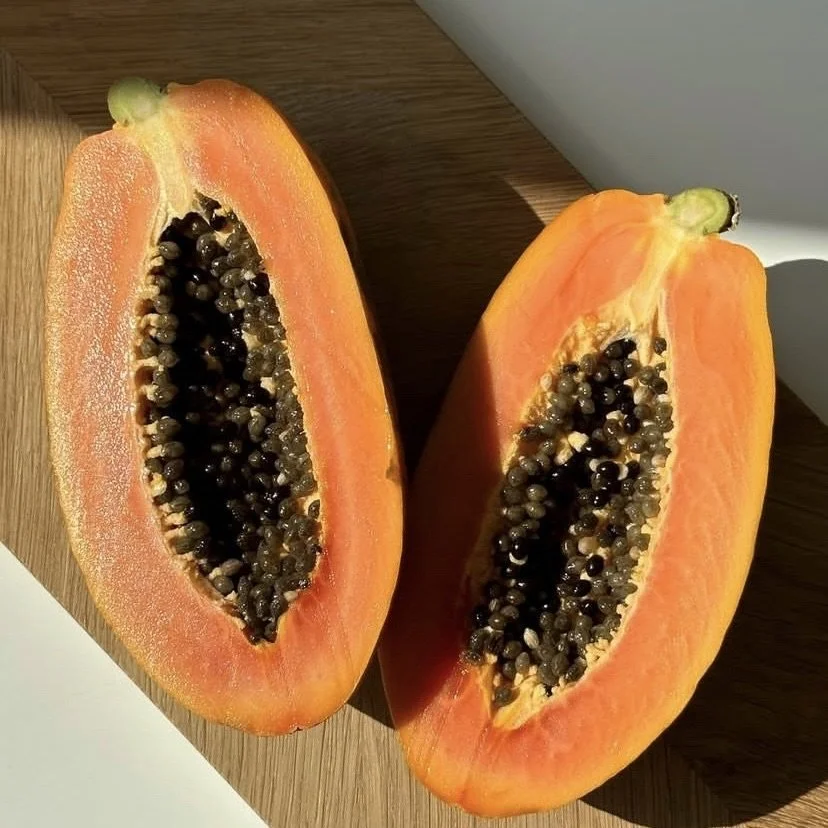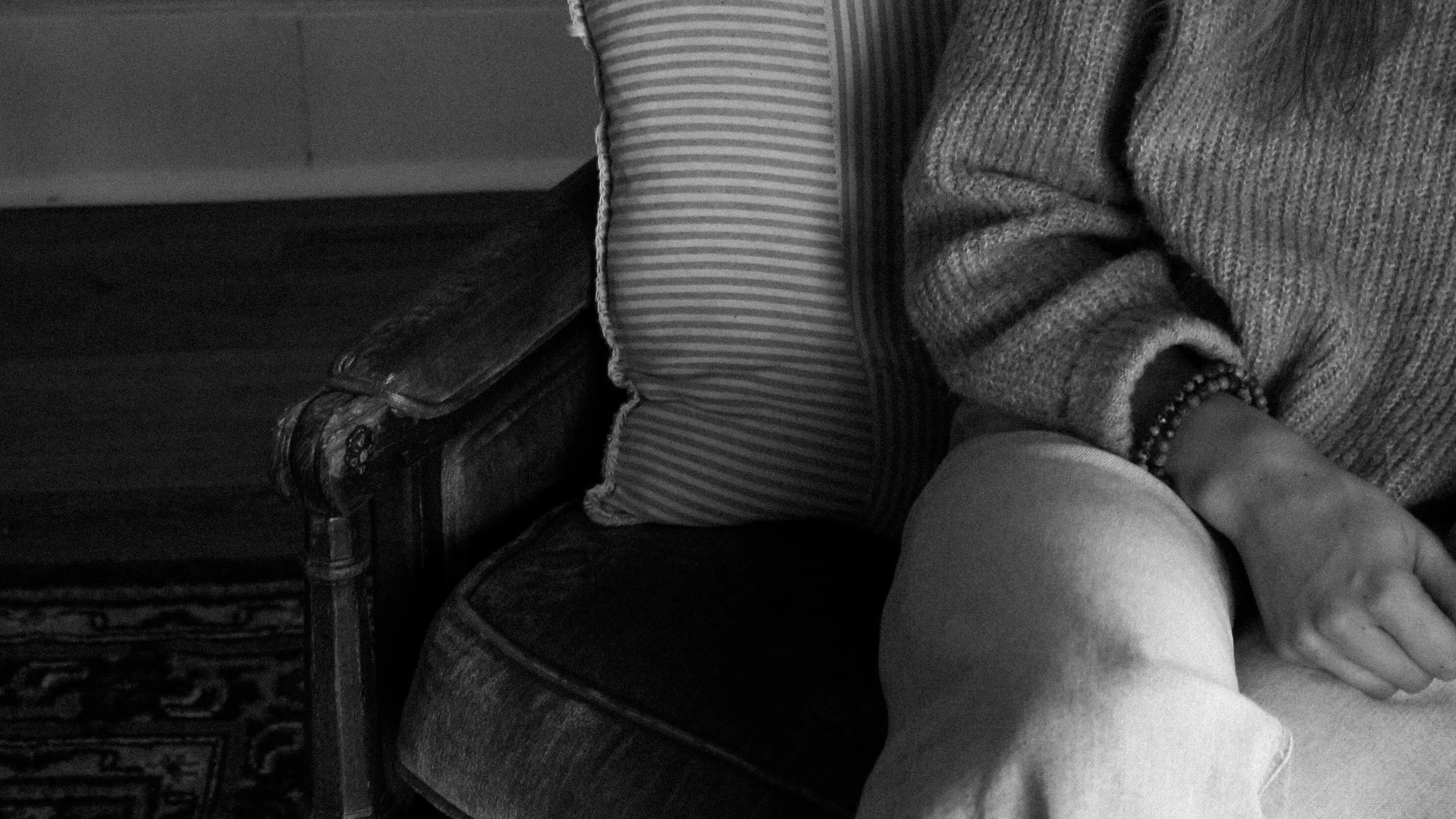7 Surprising Triggers for Lichen Sclerosus Flares and What You Can Do About Them
If you’re managing lichen sclerosus (LS), you know flare ups can feel unpredictable. But what if you could identify your triggers and reduce their impact?
At Klein Physical Therapy, we specialize in pelvic floor therapy and work closely with clients navigating chronic conditions like lichen sclerosus. And while LS is complex and still not fully understood, there are certain patterns we see over and over especially when it comes to what sets off a flare.
In this article, we’re highlighting 7 lesser known triggers of LS flares, why they matter, and what you can start doing differently today to protect your skin, your comfort, and your confidence.
What Is a Lichen Sclerosus Flare Up, Exactly?
Lichen sclerosus is a chronic inflammatory skin condition that primarily affects the vulva and perineum (though it can appear elsewhere). Symptoms often include:
Intense itching or burning
Fragile, tearing skin
Discoloration or white patches
Pain with intercourse or inserting a tampon
Urinary changes or pain with urination
Flares refer to periods when these symptoms suddenly worsen, often due to internal or external triggers.
1. Stress (Yes, Emotional Stress Can Trigger Physical Symptoms)
This is one of the most underestimated flare triggers. Emotional stress can raise your body’s inflammation levels, compromise immune function, and even affect how your pelvic floor muscles behave, leading to more pain, itching, and tissue sensitivity.
What can help:
Deep breathing or grounding exercises
Gentle movement or walks
Sleep hygiene (7–9 hours of quality sleep)
Seeing a mental health provider or support group
Stress isn’t “all in your head”, it can show up in your skin, too.
2. Friction from Clothing or Daily Movement
Tight jeans, thong underwear, synthetic fabrics, and even bike seats can create micro irritation, especially when your tissue is already fragile. Friction also raises heat and moisture levels, making the area more prone to inflammation.
What can help:
Wear loose fitting, breathable cotton underwear and bottoms
Avoid prolonged sitting on hard or high friction surfaces
Consider using a barrier cream if you know you’ll be active or sweating
3. Hygiene Products with Harsh Ingredients
Soaps, wipes, bubble baths, and even certain laundry detergents often contain chemicals that disrupt the skin barrier. This can lead to increased irritation or a prolonged healing time after a flare.
What can help:
Use warm water only to cleanse the vulva
Choose unscented, pH balanced cleansers
Avoid scented detergents and dryer sheets
Pat dry instead of wiping
4. Hormonal Shifts (Especially Menopause or Postpartum)
LS often worsens when estrogen levels drop, like during menopause, breastfeeding, or postpartum. Lower estrogen can cause the skin to become thinner, drier, and more prone to tearing.
What can help:
Ask your physician about localized estrogen therapy
Use a vulvar moisturizer daily
Soak in a warm Sitz bath and apply a barrier cream afterward
In our office, we also offer a feminine rose balm, a gentle, soothing option designed to support hydration and comfort for sensitive skin
5. Sexual Activity Without Support
For many with LS, intercourse can trigger flares due to friction and loss of tissue flexibility. That said, sex can still be comfortable with the right preparation and treatment.
What can help:
Use a high quality lubricant. We often recommend Slippery Stuff, Good Clean Love, or UberLube, since they’re clean products without the additives and irritants that can make LS symptoms worse
Soak in a Sitz bath after intercourse to soothe tissues
6. Diet and Gut Health
While research is ongoing, many patients report improvements when they reduce inflammatory foods. Gluten, dairy, sugar, and alcohol are common culprits.
What can help:
Keep a food and symptom journal
Prioritize gut friendly foods like leafy greens, healthy fats, and fermented options
7. Prolonged Moisture or Sweaty Clothing
Moisture creates the perfect environment for irritation. Staying in a wet swimsuit, workout clothes, or even sweaty underwear can lead to a flare.
What can help:
Change out of wet clothing as soon as possible
Use breathable fabrics during exercise
Air-dry or use a cool hair dryer on low after showering
Avoid pantyliners unless necessary, they can trap moisture
How Pelvic Floor Physical Therapy Can Help
At Klein Physical Therapy, we offer evidence-based care tailored to each person. If you’re struggling with:
Painful sex
Tissue scarring or tightness
Bowel or bladder changes
Chronic itching, burning, or tension
…we can help. Our pelvic floor therapists use gentle manual therapy, scar tissue mobilization, relaxation techniques, and education to help restore comfort, improve mobility, and reduce flare frequency.
You Deserve Relief. And We’re Here to Help.
Lichen sclerosus can feel isolating, but you’re not alone. With the right care, awareness, and support, you can manage symptoms and take back control of your body and your life.
If you’re in the Denver, Colorado area, we’d love to walk this journey with you.
Click Here to Book an appointment with our pelvic health specialists
Looking for more information on Lichen Sclerosus?
What Causes Lichen Sclerosus to Flare Up? And What Can Help?


